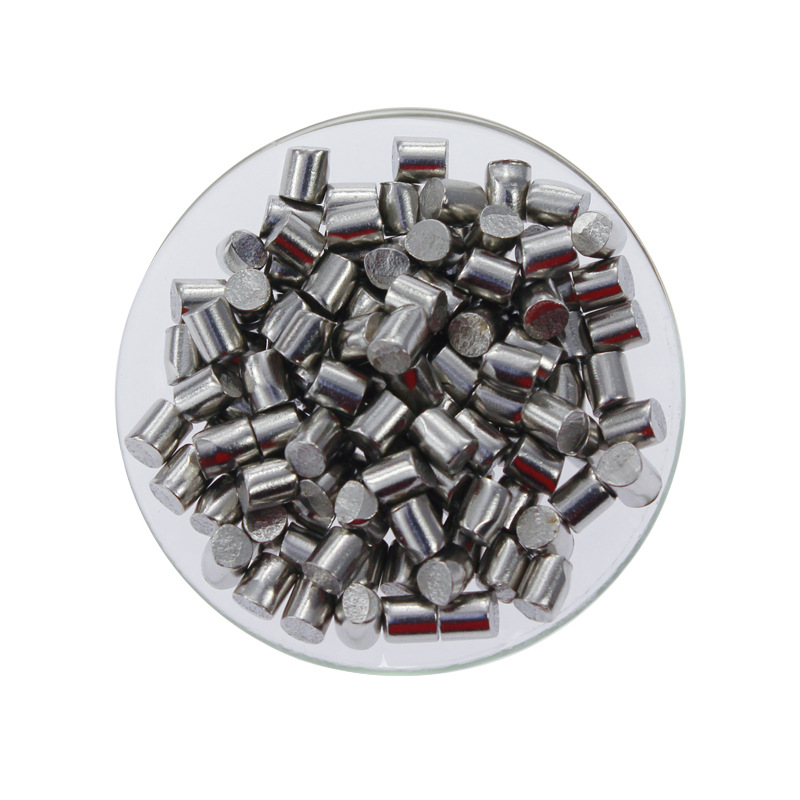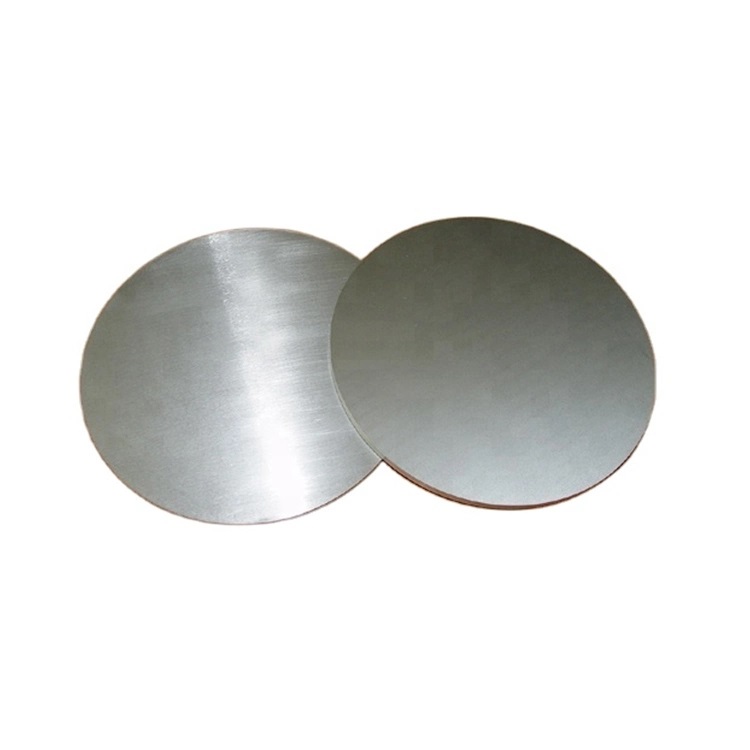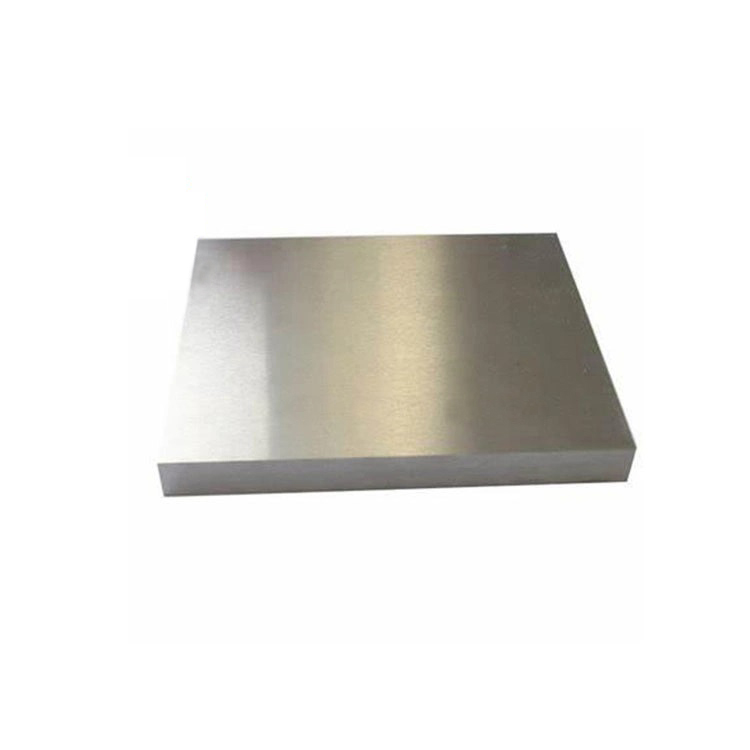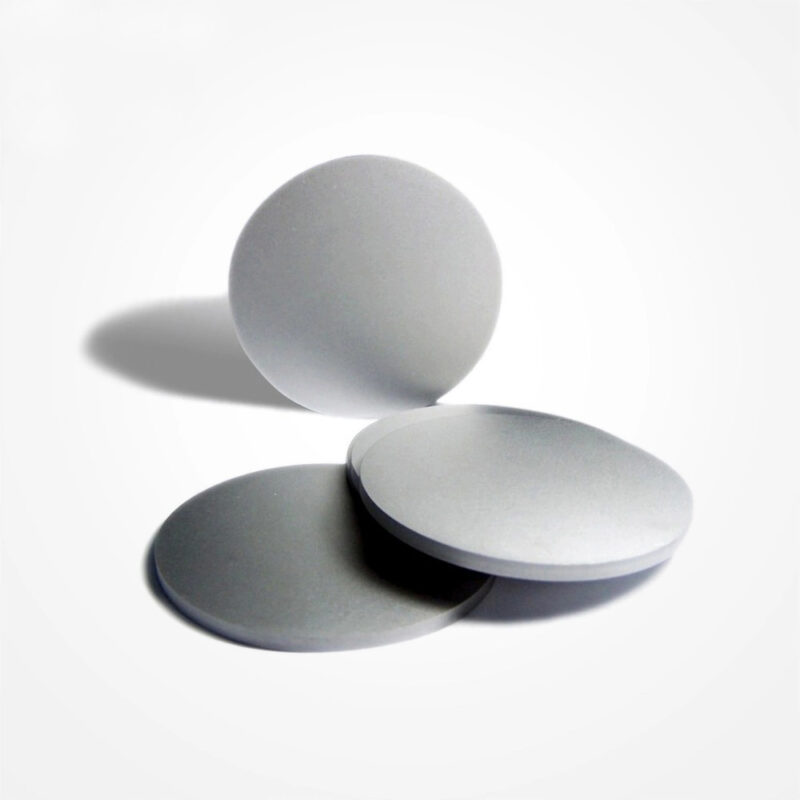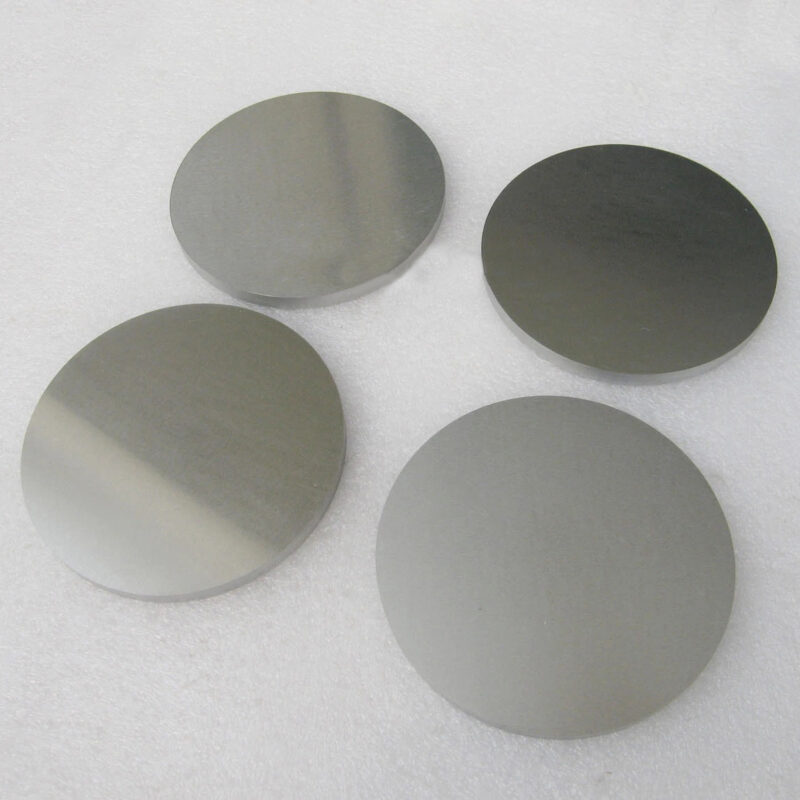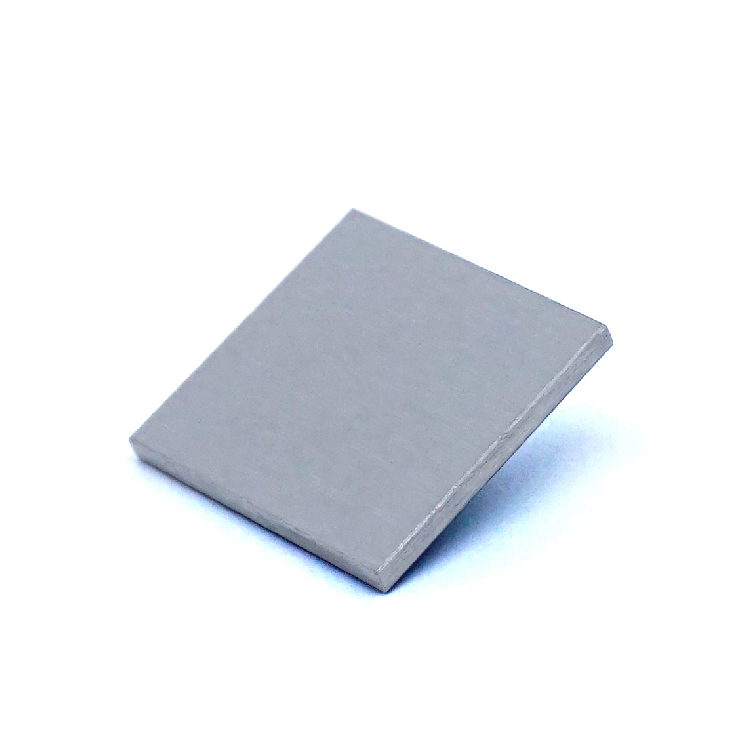Mo Molybdenum Pellets Granules Evaporation Materials
- High Melting Point: Molybdenum has a melting point of 2,623°C, allowing it to withstand extreme temperatures, making it ideal for high-temperature applications.
- Excellent Conductivity: Molybdenum’s electrical and thermal conductivity make it suitable for use in electronics and other heat-sensitive applications.
- Corrosion and Oxidation Resistance: Molybdenum films are highly resistant to corrosion and oxidation, ensuring long-lasting performance in harsh environments.
- Strong Mechanical Properties: Mo provides high tensile strength and stability, making it durable for thin films.
- Adhesion and Uniformity: Molybdenum forms well-adhering and uniform thin films that are highly reflective and durable.
Custom products or bulk orders, please contact us for competitive pricing!
- Satisfaction Guaranteed
- No Hassle Refunds
- Secure Payments
Description
| Material | Molybdenum |
| Purity | 99.95% – 99.9999% / 3N5 4N 4N5 5N 5N5 6N |
| Shape | Pellets / Granules / Particles / Pieces |
| Size | can be customized (contact us) |
| Package | vacuum bag or customer’s request |
| Place of Origin | China |
| Supply Ability | 1000kg per month |
| Lead Time | Qty: 1-100, Time: 3-10 days
Qty: >100, Time: to be negotiated |
Molybdenum (Mo) pellets are high-purity evaporation materials used in physical vapor deposition (PVD) processes, such as thermal evaporation and electron-beam evaporation. Molybdenum is a refractory metal known for its high melting point, excellent mechanical strength, and corrosion resistance, making it an ideal choice for producing thin films in a variety of industries, including electronics, optics, and aerospace.
Key Applications:
- Semiconductor Industry: Molybdenum thin films are used in semiconductor devices, including as a contact material for transistors and interconnects, due to its good electrical conductivity and thermal stability.
- Solar Cells: Mo is widely used as a back contact layer in thin-film solar cells, such as CIGS (Copper Indium Gallium Selenide) solar cells, where it enhances efficiency and durability.
- Optical Coatings: Molybdenum is used in reflective coatings, especially for mirrors and optical components in high-temperature or corrosive environments.
- Aerospace Components: Molybdenum coatings are applied to aerospace parts for improved performance in high-temperature and wear-prone environments.
- Corrosion-Resistant Coatings: Due to its excellent resistance to oxidation and corrosion, Mo coatings are used in harsh industrial environments to protect surfaces.
Features:
- High Melting Point: Molybdenum has a melting point of 2,623°C, allowing it to withstand extreme temperatures, making it ideal for high-temperature applications.
- Excellent Conductivity: Molybdenum’s electrical and thermal conductivity make it suitable for use in electronics and other heat-sensitive applications.
- Corrosion and Oxidation Resistance: Molybdenum films are highly resistant to corrosion and oxidation, ensuring long-lasting performance in harsh environments.
- Strong Mechanical Properties: Mo provides high tensile strength and stability, making it durable for thin films.
- Adhesion and Uniformity: Molybdenum forms well-adhering and uniform thin films that are highly reflective and durable.
Specifications:
- Material: Molybdenum (Mo)
- Purity Level: ≥ 99.95% (high-purity molybdenum for advanced PVD applications)
- Shape: Pellets (typically sized for consistent evaporation in PVD systems)
- Size: Available in sizes from 1mm to 10mm in diameter (custom sizes available upon request)
- Melting Point: 2,623°C
- Density: 10.22 g/cm³
- Applications: Semiconductor devices, solar cell back contacts, optical coatings, aerospace components, corrosion-resistant coatings
- Evaporation Temperature: Requires high temperatures for efficient evaporation in vacuum systems.
If you have specific requirements, such as dimensions, purity, or application details, please contact us to match your needs.

